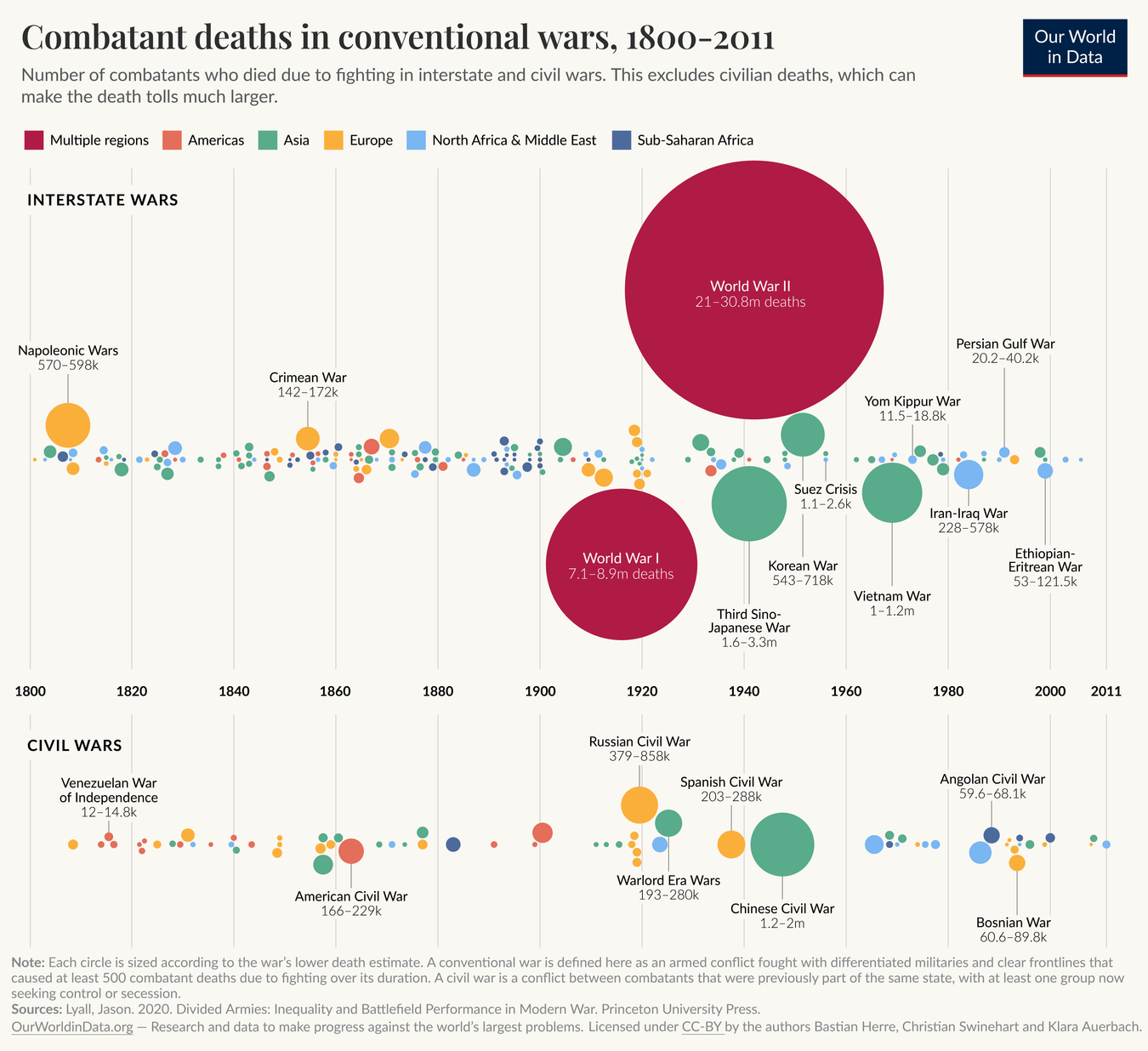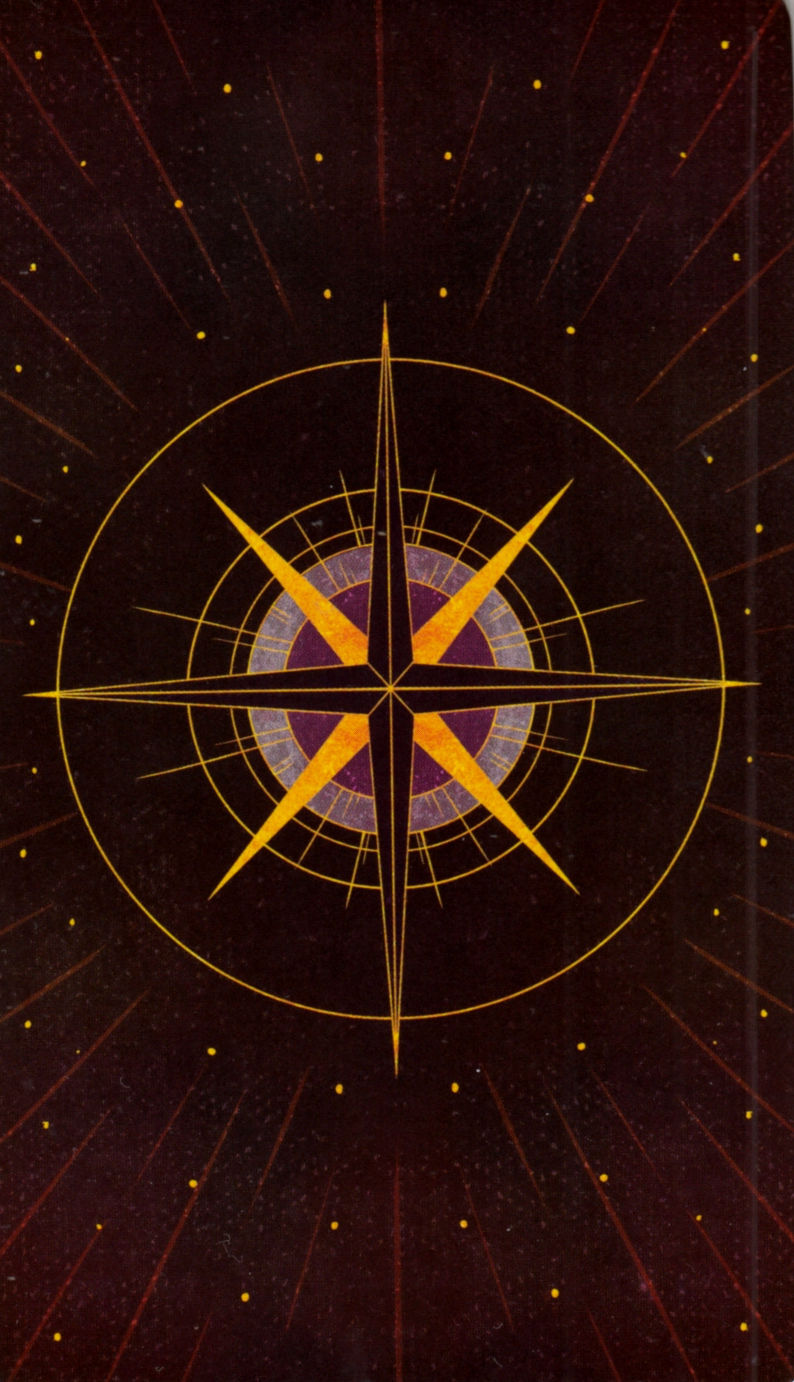Some clues :
Douglas P. Fry : Pacified Past
Azar Gat : Warfare as an Ancient Feature
Robert L. Carneiro : Complexity and State Formation
Was the 20th century one of the most violent in human history ? (with two world wars and numerous other conflicts) ?
i also like the documentary series : “The Ascent of man” from the BBC in 1973 by Jacob Bronowski.
I think Alt-Hist-Hub put it best,
People have nearly completely rebuilt Hiroshima and Nagasaki,
In ancient times it was so common to end a war by murdering everyone in the losing city and destroying all its infrastructure that we had come to believe real cities like Troy and even entire ancient empires like the Hittites were myths before we found their knocked over burned and flattened ruins.
There are several cities in central asia and the middle east that are either still or only now recovering from the amount of destruction unleashed on them during the mongol invasions. Had those events been set further back in history it is entirely possible we would never have known the names of cities like Samarkand or Baghdad.
Even with nuclear fire capable of glassing an entire planet we have managed to be far less war like than our ancestors.
But our weapons now can kill millions in an instant, and millions more subsequently. Missiles and such a regularly guided by Playstation controllers thousands of miles away.
Troy may have had a few thousand to massacre. We were more violent, but at least we actually had to face the violence we committed.
Edit: I did not mean this as an argument against what you shared. I can see why it might be read as such. I only meant to add another aspect to the conversation.
A good point, but I personally see it like this: a small percent of humans created weapons of extreme destruction, then the small percent of humans with access to them still did not kill as many as they did back then. The faceless violence sucks, but weapons development was set to outpace peace development before every living human was born. Pretty soon everyone with access to those weapons will have simply inherited it, making them more capable of war but not more warlike.
In recent years? Yeah. Conflicts around the world rose by 40% between 2020 and 2022 and another 12% from 2022 to 2023. However, before this drastic uptick, conflicts around the world were on a downward trend.
Until 2022 it had been going down since WWII.

Your graphic doesn’t go past 2011.
I couldn’t find that exact graph to the 2020s, but here are some more.


Thanks. That last graph seems the most relevant. Kind of wild how the regions changed so drastically in the last couple years there.
Dear Sir (Wolf) 🇰 🔵 🇱 🇦 🇳 🇦 🇰 ℹ️,
… looking at my avatar you might guess I’m a smiling radioactive citrus myself 😋.The rapid changes you are discussing would be of the cultural kind but I might have made my question differently and ask more about possible genetic changes (or long term changes).
Thanks for your contribution to this discussion. I will be happy to read you in other posts and comments.
Humans are prone to violence. The only differences now are: Our tribes are bigger and our sticks and stones have rockets and explodey bits.
Humanity’s ability to wage war has increased over time because you can now send millions to war without sacrificing food production.
We now live in a time where most of the countries aren’t at war most of the time. Before modern times, war was a constant state globally, but most nations could only afford to send a couple thousand people to war, and most battles were fought on fields, not inside cities, so even if your nation was in conflict with others during your whole life, chances were most wouldn’t be directly affected. You’d just till your fields like normal and at some points a different king would collect your taxes.Far less. May more people died by raw numbers, but war was a much more common thing centuries ago.
I feel like it has more to do with the technological advances than being more prone to conflict
Especially since Nagasaki there has been a disinclination to trigger the kind of mass destruction that will occur with such a conflict.
Have you read Better Angels of Our Nature? He argues the opposite.
i did not read it but, for people out of the loop, here is what i found about it :
spoiler
by Llama 3 - - a.i. :
“The Better Angels of Our Nature: Why Violence Has Declined” is a fascinating book written by Steven Pinker, a Canadian cognitive psychologist and popular author.Published in 2011, the book presents a comprehensive and data-driven argument that violence has declined significantly over the course of human history. Pinker contends that, despite the impression given by the media, the world is actually becoming a more peaceful and less violent place.
The book explores various forms of violence, including war, homicide, genocide, torture, and cruelty, and examines the historical trends and underlying factors that have contributed to their decline. Pinker argues that this decline is largely due to the rise of reason, science, and humanism, as well as the development of stronger and more effective governments, international organizations, and global norms.
Throughout the book, Pinker draws on a wide range of disciplines, including psychology, history, sociology, and economics, to make his case. He also challenges common myths and misconceptions about the nature of humanity and the causes of violence.
“The Better Angels of Our Nature” has received widespread critical acclaim and has been praised for its meticulous research, engaging writing style, and thought-provoking ideas. If you’re interested in understanding the complexities of human nature and the trajectory of human history, this book is definitely worth checking out!
Ok you probably won’t hear this from an AI bot trained to repeat the ideology of the ruling class that this book tries to justify (and for which it gets praised in mainstream media, which I imagine make up most the training data).
But in reality lots of professional historians have argued this is a very bad book from a historical/scientific perspective. The research is not actually best described as “meticulous”.
And from a moral perspective, pinker does not see deaths from engineered starvation/malnutrition and displacement (for a more modern equivalent see also the so called “deaths of despair”) as “violent” because they don’t fall into the war/criminality criteria he sets for himself.
For a compilation of critiques from historans see for example the book “the darker angels of our nature” (link to a review) https://www.counterfire.org/article/the-darker-angels-of-our-nature-refuting-the-pinker-theory-of-history-and-violence-book-review/
We live in the information age, so called because our ability to gather, store and share information has developed to the point where those changes define this age. We notice them specifically because the changes stand out due to their speed and reach.
Warfare and violence has generally always had a downwards trajectory, in the modern age its our information about it which is unprecedented.
… i am looking into this because it seems i had this wrong belief that for a period of about 40,000 years from 50,000 to 10,000 BC most of humanity did not know warfare. i might have seen some old documentary stating something like that …
And i also formed the belief that victorious men in warfare had a larger descendancy (increasing our tendency towards conflicts).As a species we have always made war on each other. Our ancestal species also most likely did. Our closest living genus also frequently raids other tribes.
It is a part of who we are. However, like xenophobia it is something we can work to minimise with the goal to eradicating one day.
Your answer here is the best one so far for me. Are chimpanzees some of those frequently raiding other groups (tribes) ?
Better education will always be a major part of the solution … but i don’t think education alone will be sufficient to make us good.
Like 99% of people you will (probably) disagree with me on the following, but eventually (in 50 years ?), i believe that many people will volunteer to have genetic therapy to decrease their aggressivity and that of their descendants.
We have to change in a fundamental way since we are still waging wars while climate change will likely kill a majority of us in the next few decades.
bwhahahah!
I mean, I’m glad you’re realising that was wrong, but its a hilarious concept to have held.
I mean, most of humanity would have been in constant battle / warfare. (low key) It’s just, that far back, societies and technology were a bit different.
It’s really not necessary to shame someone who is willing to learn.
Hi @[email protected]
you are very caring and I appreciate it. Thank you for this.Hi @[email protected]
its ok, no hard feelings. if really i made you laugh a little bit, then, i am also glad about it.
Take care 😌am I shaming him? Or am I shaming the concept/idea?
He doesn’t agree with it.
I don’t. You don’t.
It seems fair game to mock it.
Sources i give in the body of my post indicate an evolution of the knowledge since the BBC series of 1973 and also that even today archaeologist // historian disagree on this topic.
… if only I could find that source again …
i believe they were explaining that there was an archaeological discovery where there was a village not so far away from the shore where they discoved huge piles of shells that showed that, for a very long time, there was a settlement connected to an other settlement near the shore and that for many thousands of years, there would have been people to stay near the shore bringing those shells to be eaten by people at the higher settlement further up, away from the cost and it was a proof (an example) of a stable settlement for tens of thousands of years so demonstating that, at the time, there was no war …i believe they were also saying (and this we now know it isn’t true) that war was invented sometimes like 10,000 years ago, and mostly at the same time in many parts of the world. (Jericho’s fortifications being the first example of large war)
i am quite sure it’s not something I have invented because on some topics I have a good memory.
Are you arguing with us or asking us, OP?
Removed by mod
I’d like to see some sources. Where did you read that, Facebook?







